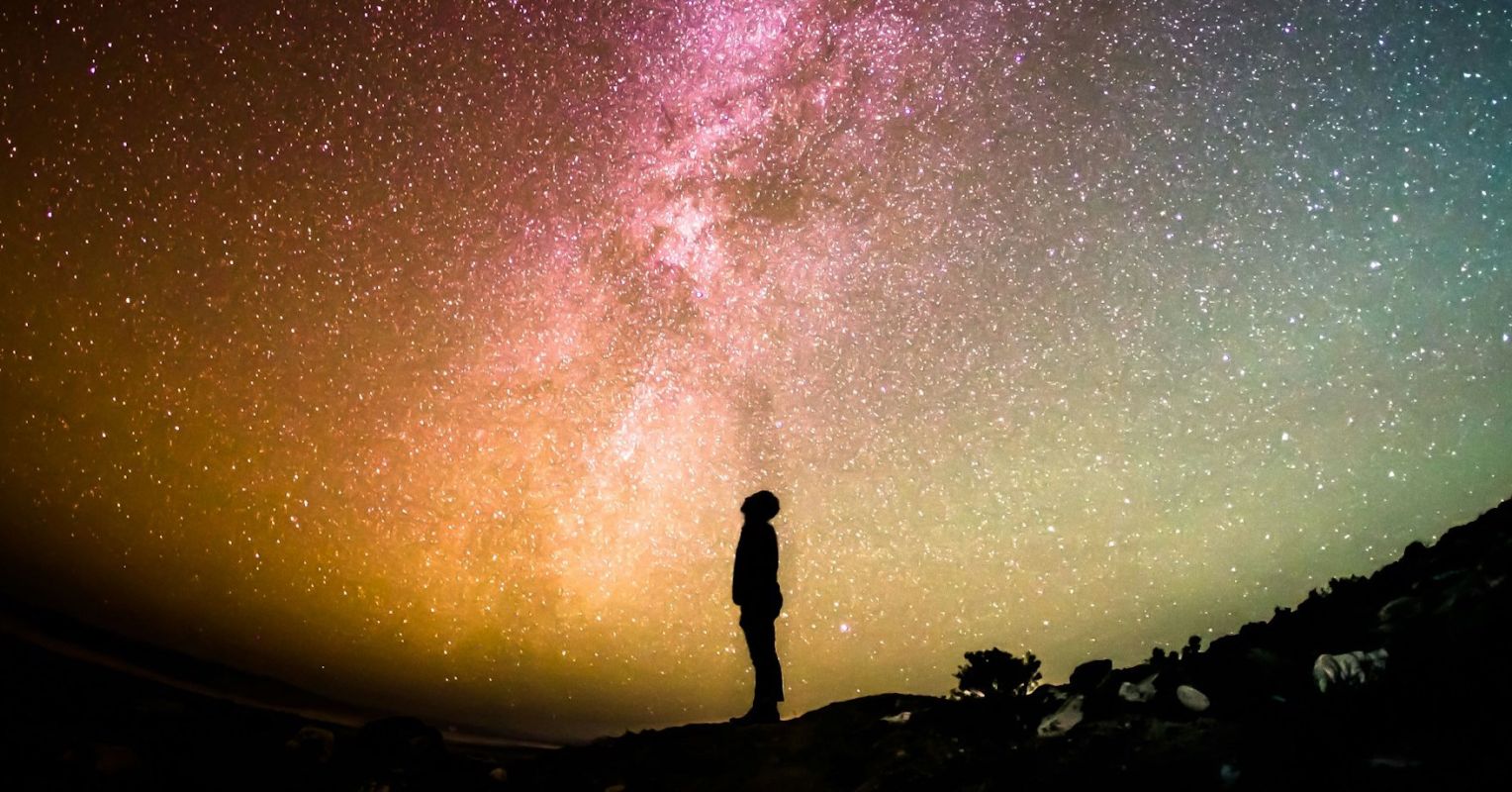A
What happened
In his article, Andy Chaleff addresses the pervasive anxiety surrounding human extinction and personal mortality. He recounts a conversation with a friend who expresses deep fears about the end of the world, illustrating how such thoughts can trigger physical and emotional distress. Chaleff advocates for 'radical acceptance' as a coping mechanism, suggesting that acknowledging the inevitability of death can lead to a more fulfilling life. He references a study showing that practicing radical acceptance can effectively regulate emotions and enhance overall well-being. By accepting life's transience, individuals can focus on the present and act responsibly toward the planet, countering the nihilistic view that such acceptance equates to apathy. Ultimately, Chaleff emphasizes that embracing the reality of our finite existence allows for a deeper appreciation of life.
★
Key insights
-
1
Radical Acceptance
A coping strategy that helps individuals manage anxiety about mortality.
-
2
Emotional Regulation
Practicing acceptance can enhance emotional well-being and resilience.
-
3
Living in the Present
Accepting life's transience allows for a fuller experience of the present moment.
Takeaways
Radical acceptance serves as a powerful tool for managing existential fears and enhancing emotional health.

